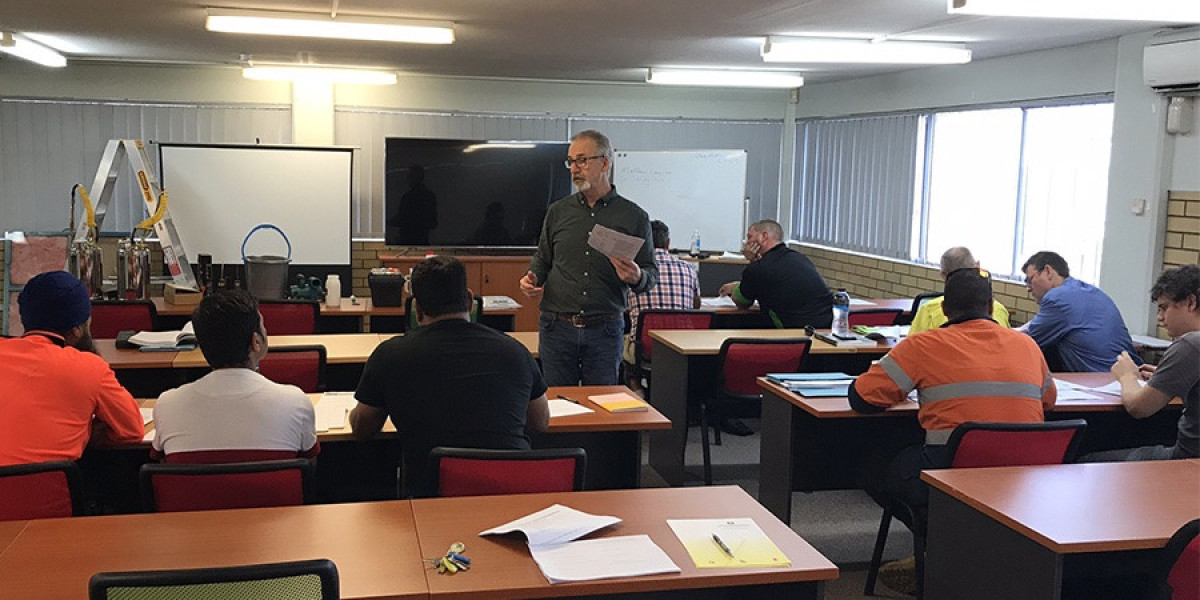Pests are a significant concern in households, agriculture, and industries. Their presence can cause damage to property, spread diseases, and disrupt daily life. Learning about pest management is essential for anyone looking to safeguard their environment from these uninvited guests. In this article, we will explore the essentials of pest control, including its importance, methods, and how you can gain expertise in this field.
What is Pest Control?
Pest control refers to the process of managing or eliminating pests, such as insects, rodents, birds, and other organisms that pose a threat to humans, animals, and plants. It involves a variety of methods to reduce the harmful effects of pests in different environments.
Why is Pest Control Important?
The importance of pest control cannot be overstated. Here are some key reasons why:
- Protecting Health: Pests can spread diseases such as malaria, dengue, and salmonella, making pest control essential for public health.
- Preventing Property Damage: Termites, rodents, and other pests can cause severe damage to homes, furniture, and other belongings.
- Ensuring Food Safety: Pests can contaminate food, leading to foodborne illnesses and financial losses.
- Maintaining Agricultural Productivity: Effective pest control safeguards crops from harmful organisms, ensuring better yields.
Types of Pests Commonly Encountered
Understanding the types of pests helps in selecting the right pest control strategies. Here are some common pests:
- Insects: These include ants, cockroaches, termites, and mosquitoes.
- Rodents: Mice and rats are notorious for spreading diseases and causing property damage.
- Birds: While they might seem harmless, pigeons and other birds can damage buildings and spread droppings.
- Wildlife: Raccoons, squirrels, and bats often invade homes, causing disruption.
Methods of Pest Control
There are various methods of pest control, depending on the type of pest and the environment. These include:
1. Chemical Control
This method involves using pesticides and insecticides to eliminate pests. It is effective but should be applied carefully to avoid harm to humans, animals, and the environment.
2. Biological Control
This eco-friendly method uses natural predators or pathogens to control pest populations. For example, introducing ladybugs to control aphids.
3. Physical Control
This includes barriers, traps, and manual removal methods to keep pests at bay. For instance, using nets to prevent mosquitoes or traps for rodents.
4. Cultural Control
This involves altering the environment to make it less attractive to pests. Practices such as proper waste disposal, maintaining cleanliness, and crop rotation in agriculture fall under this category.
5. Integrated Pest Management (IPM)
IPM combines multiple methods to manage pests effectively while minimizing environmental harm. It is a holistic and sustainable approach to pest control.
Who Can Benefit from Pest Control Knowledge?
Gaining expertise in pest control can benefit a wide range of people, such as:
- Homeowners: To keep their homes safe and pest-free.
- Farmers: To protect crops and increase agricultural productivity.
- Business Owners: To maintain a clean and pest-free workplace.
- Public Health Officials: To manage pests that pose health risks to communities.
How to Learn About Pest Control
If you’re interested in mastering pest control techniques, there are various avenues to explore:
1. Online Resources
The internet is a treasure trove of information, with blogs, videos, and articles explaining pest control basics. However, structured learning is more beneficial for in-depth knowledge.
2. Workshops and Seminars
Local organizations and agricultural departments often conduct workshops on pest management. These events provide hands-on experience and valuable insights.
3. Professional Training Programs
Many institutions offer pest control courses designed to provide comprehensive knowledge and practical skills. These programs cover pest identification, control methods, safety protocols, and legal regulations.
4. On-the-Job Training
Working with pest control companies allows individuals to gain practical experience in real-world scenarios.
What Do Pest Control Courses Cover?
Professional pest control courses are designed to offer a detailed understanding of the field. Here’s an overview of what such courses typically include:
- Pest Identification: Learning to identify different types of pests and their behaviors.
- Control Methods: Studying chemical, biological, and physical control methods.
- Safety Protocols: Understanding how to handle pesticides safely and minimize risks.
- Legal and Environmental Considerations: Learning about regulations governing pest control practices and environmental protection.
- Practical Application: Hands-on training to apply learned techniques effectively.
Choosing the Right Pest Control Course
If you’re considering enrolling in a course, here are some tips to choose the right one:
- Accreditation: Ensure the course is recognized by relevant authorities or organizations.
- Comprehensive Curriculum: Look for programs that cover all aspects of pest control, from identification to practical application.
- Expert Trainers: Opt for courses taught by experienced professionals.
- Flexible Options: Online and part-time courses provide flexibility for working individuals.
- Certification: A certified course adds value to your qualifications and enhances job prospects.
Careers in Pest Control
Pest control is a growing field with numerous career opportunities. Here are some roles you can pursue:
- Pest Control Technician: Perform pest management tasks in residential, commercial, or agricultural settings.
- Entomologist: Study insects and their behavior to devise control strategies.
- Consultant: Provide expert advice on pest management practices.
- Entrepreneur: Start your own pest control business.
- Trainer or Educator: Teach others about pest control through courses or workshops.
Tips for Effective Pest Management
Here are some practical tips to keep pests under control:
- Maintain Cleanliness: Pests thrive in dirty environments, so cleanliness is key.
- Seal Entry Points: Block cracks, holes, and gaps that pests can use to enter your home.
- Dispose of Waste Properly: Keep garbage bins covered and dispose of waste regularly.
- Monitor for Early Signs: Early detection helps in addressing pest problems before they escalate.
- Seek Professional Help: For severe infestations, hire licensed pest control professionals.
Future of Pest Control
With advancements in technology and growing awareness of environmental conservation, pest control methods are evolving. Future trends include:
- Eco-Friendly Solutions: Increased use of biological and organic methods.
- Automation: Development of robotic and AI-based pest control systems.
- Integrated Approaches: Wider adoption of Integrated Pest Management strategies.
- Education and Awareness: More emphasis on training programs and public awareness campaigns.
Conclusion
Pest control plays a vital role in protecting our health, homes, and environment. By understanding the basics of pest management and exploring pest control courses, you can gain valuable knowledge and skills to tackle pest issues effectively. Whether you’re a homeowner, farmer, or aspiring professional, learning about pest control opens doors to a safer and more sustainable future.



